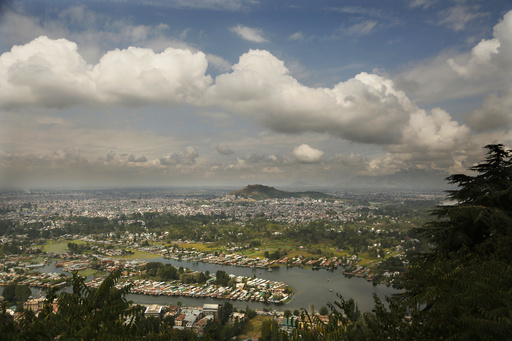Residents of Indian-controlled Kashmir are preparing for their first regional election in ten years, which will grant them a local assembly instead of being under direct rule from New Delhi. The region, divided between India and Pakistan and claimed by both, has been tense since 2019 when Prime Minister Modi’s government revoked its special status and statehood.
The upcoming three-phased polls will occur amidst an increase in rebel attacks on government forces in traditionally peaceful Jammu areas. The opposition Congress party and the National Conference, the largest pro-India Kashmiri political party, have formed an alliance for the election campaign as Modi’s Bharatiya Janata Party has limited support in the Kashmir Valley.
Kashmir’s history dates back to the unresolved status following British colonial rule in 1947, eventually leading to armed conflict since 1989, with Pakistan advocating for self-determination. Indian-administered Kashmir has been without local governance since 2018, when political changes downgraded its autonomy to a federally controlled territory.
After the election, scheduled between Sept. 18 and Oct. 1, and vote counting on Oct. 4, power transition to the local assembly may occur, but Indian-controlled Kashmir will remain a “Union Territory,” with minimal legislative authority. Many residents view the election as a chance to express discontent with Modi’s policies, while some pro-India politicians see it as an opportunity to challenge governmental changes.
Although some residents are indifferent to the election, others see it as a way to resist against Modi’s party. Kashmir’s pro-India political leaders aim to use the election to oppose the changes imposed by the ruling party. Previous elections in the region have been contentious, often leading to calls for boycotts by separatist leaders who reject Indian sovereignty over the region.


